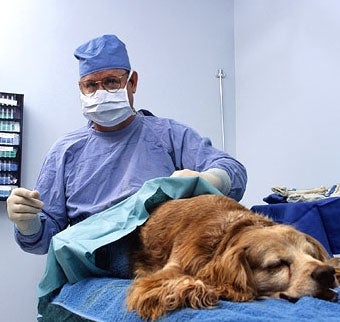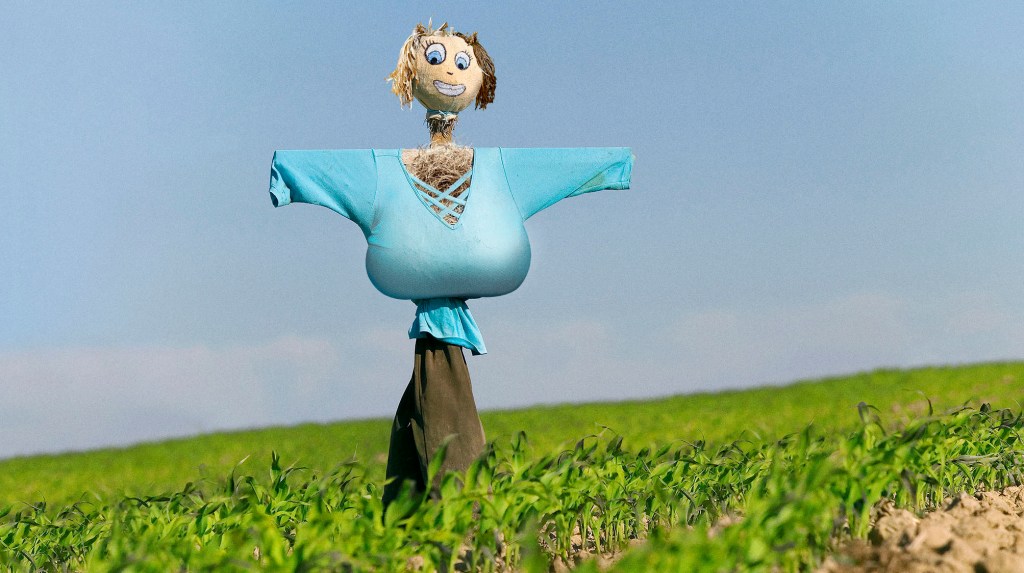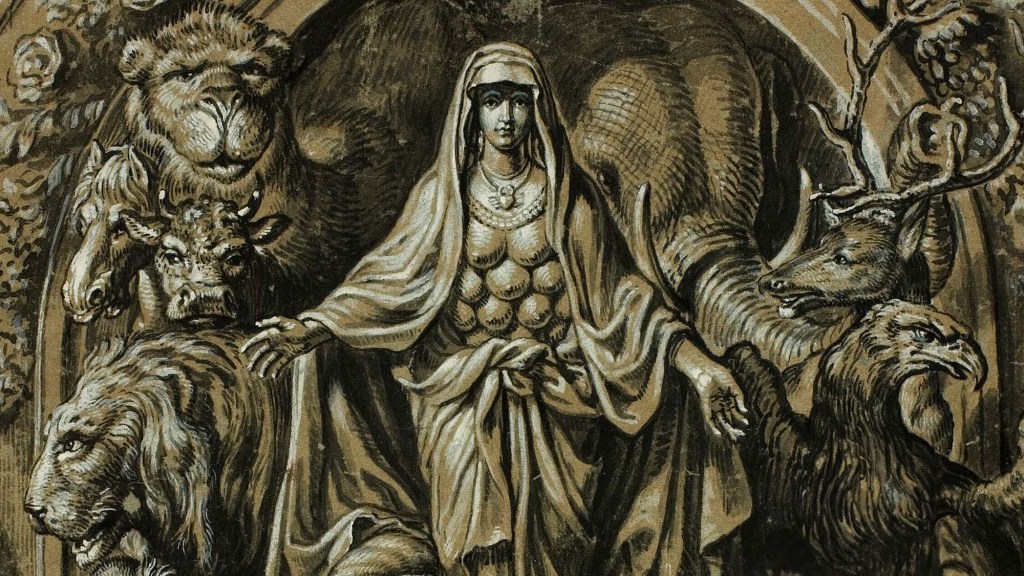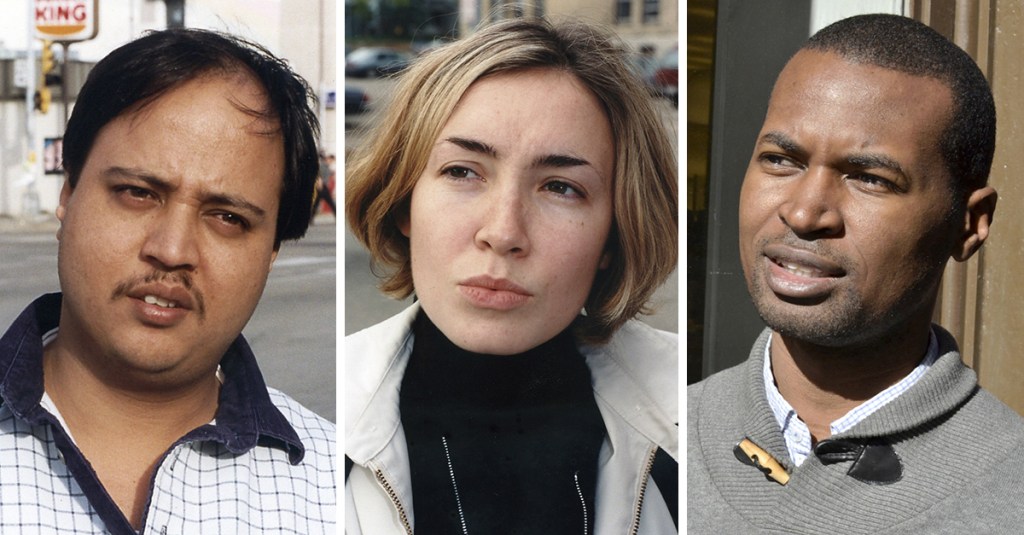PHILADELPHIA–A University of Pennsylvania study released Monday found that U.S. pets enjoy superior healthcare to that of Rwandan humans.
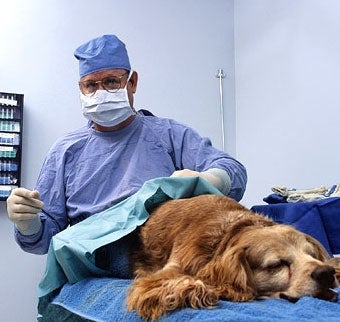
The five-year study, which compared the medical care of 2,500 U.S. dogs, cats, hamsters and parakeets to that of 2,500 humans in the Rwandan capital of Kigali, found that the Rwandans were edged out in every category.
“America’s pet lovers can rejoice knowing that their precious, furry companions are well taken care of,” study co-chair Dr. Nate Gotcher said.
Among the good news for U.S. animals: America has 15 veterinarians per 1,000 dogs, compared to Rwanda’s one doctor per 1,000 humans. The infant-mortality rate among U.S. cats is 7 per 1,000 live births, compared to 119 per 1,000 live births among Rwandan humans.
“When the infection started to spread to my upper leg, they had to amputate,” said Rwandan Kasongo Tshikapa, whose left leg was removed in May 1997 after he stepped on a piece of rusted scrap metal. “The surgery took five hours, and there was no anesthesia. The operation was performed by my brother-in-law, who has experience as a carpenter. Eight men had to hold me down.”
Added Tshikapa: “If only I were a border collie in America.”
According to Dr. Wendy Hentrich of the American Association of Veterinary Medicine, new breakthroughs in animal medicine are being made every day.
“The last few years have seen so many exciting advances in high-tech health care for pets,” said Hentrich, also chief of cardiology at UCLA’s Veterinary Hospital. “For example, at UCLA, we’ve developed a balloon angioplasty technique that can open a cat’s deformed cardiac valves. A catheter is passed into the deformed valve, then a balloon is inflated, allowing blood to pass more freely. This painless, revolutionary procedure has already been used to save the lives of thousands of beautiful, lovable cats.”
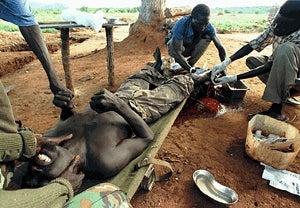
Such breakthroughs, along with advances in the prevention of diseases like feline leukemia, have caused the average life expectancy of U.S. cats to rise to 18.6 years, which, when converted to human years, is substantially higher than the Rwandan life expectancy of 38.8.
“If I do not have medicine soon, I will die,” said Ndola Iringa, who contracted malaria five weeks ago during an outbreak of the disease in her village. “My sister and three of my brothers have died already. The convulsions are getting worse.”
As a result of the study, Rwandan physicians are beginning to look toward U.S. petcare policy for ways to improve their own healthcare system. “In America, many dog foods contain nutritional supplements for healthy teeth and gums, as well as a lustrous, glowing coat,” Rwandan physician Mbeya Liwale said. “Perhaps such supplements, if they could somehow be found here in Rwanda, could be put to use reducing the death tolls brought on by mass famine and genocide.”
“I just don’t know what I would do without my Muffin,” said Palo Alto, CA, resident Gloria Shifrin, whose 6-year-old Welsh corgi had a grapefruit-sized tumor removed from her chest Monday and must undergo five weeks of chemotherapy. “But, thank God, the cancer is in remission, and it looks like she’s going to be all right. No dog should have to go through this.”


